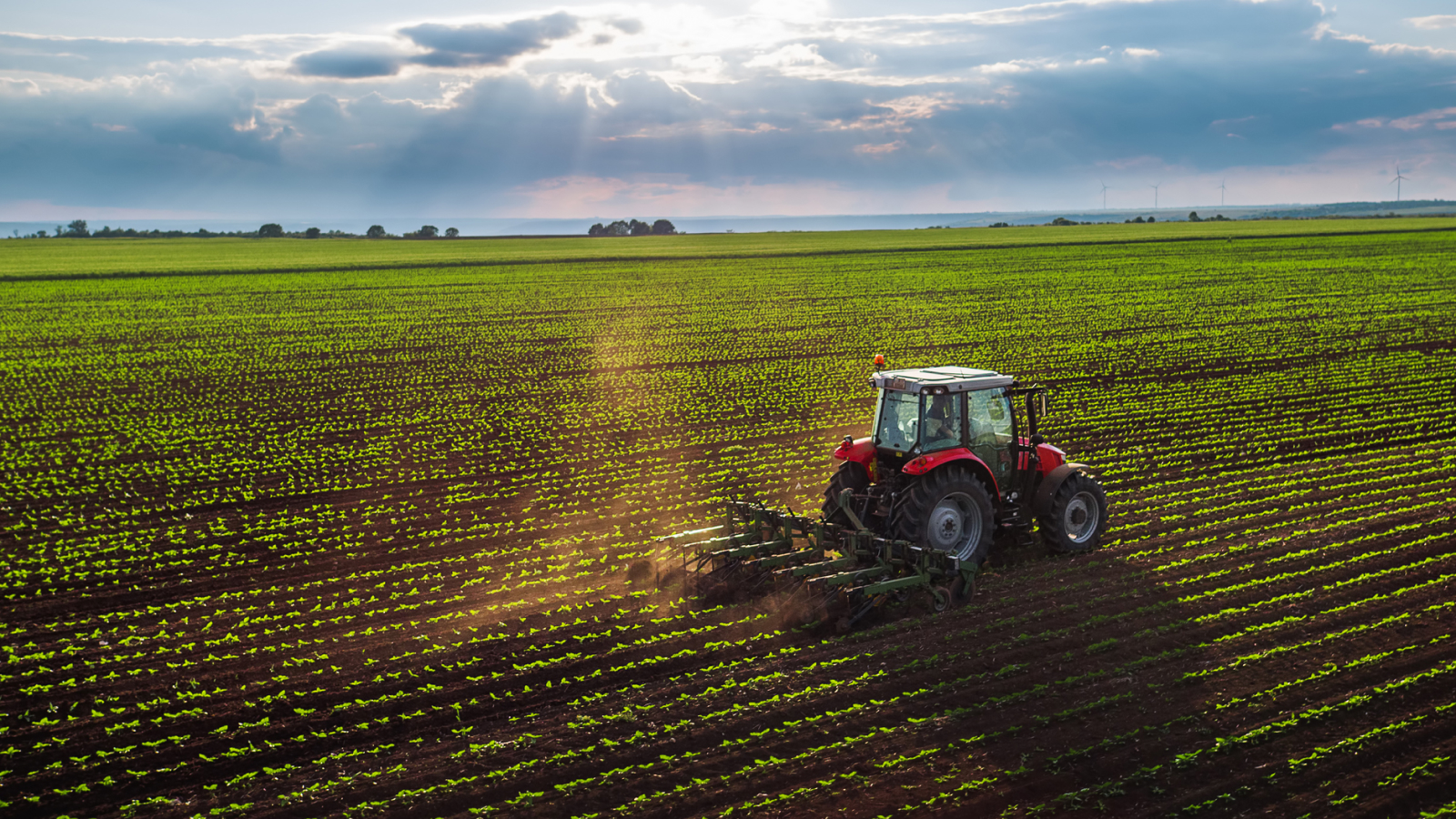Farming Hazards Safety Guidelines

You may not realize it, but farming affects your life every day. American farmers produce, whole or in part, more than 90 percent of the food items consumed in the United States. They also produce a large amount of the materials needed to create the clothing, shelter and other items we use in our daily lives.
To produce all these things can be a labor-intensive process for farmers. And sometimes, a dangerous one.
According to the U.S. Department of Labor’s Occupational Safety and Health Administration (OSHA) and the National Safety Council, agriculture is one of the most hazardous industries in the nation. Each year, thousands of farm workers are injured and hundreds killed in farm-related accidents. Figures show that 20.3 farm fatalities occur each year for every 100,000 farm workers. With about 60,000 farm workers in Alabama, that’s an annual average of 12 farming-related deaths in the state.
Since many farms are family owned and operated, and the families often live on the premises, they too are at risk for fatalities and injuries. Many teenagers and children work on family farms, especially during the summer months, and statistics show that farm-related injuries are highest among children aged 15 and under. Adults 65 years and older are also at an increased risk of suffering injuries while working on a farm.
Working Hazards for Farmers
Farm workers are exposed to a variety of hazards during their daily operations. Some of these hazards include:
Machinery/Equipment
Machinery and equipment are involved in most farm-related injuries and fatalities. Many hazards associated with tractors include roll-overs, run-overs, collisions, exposure to moving machinery, weather conditions and uneven terrain. Workers can also be hit, run over or entangled in other types of farm machinery, causing serious injury or even death. Federal child labor laws prohibit children under the age of 16 from operating certain types of equipment or doing certain types of jobs, and state laws may be even stricter.
Chemicals and Pesticides
Chemicals and pesticides used on a farm can be dangerous. One of the main ways chemicals enter the body is through contact with skin and clothing, from either handling the chemicals or working in fields that have been treated with them. Breathing mist, dust, fumes or smoke that contains chemicals or pesticides is also hazardous.
Dust
Organic dust from hay, grain, fuel chips, straw and livestock can carry mold, pollen, bacteria, pesticides, feed particles or animal particles, and can be hazardous. Long-term exposure can lead to congestion, coughing, sensitivity to dust and frequent infections such as colds, bronchitis and pneumonia. It could even result in serious respiratory illnesses.
Electricity
According to the National Ag Safety Database, 62 farm workers are electrocuted each year in the United States. Electrocution can be deadly, and some of the common causes are portable grain augers, oversized wagons, large combines and other tall equipment coming into contact with overhead power lines.
Falls
Falls are the most common accident in agriculture and can result in serious injury or death. Even falling just 12 feet can kill a person. Wearing proper shoes and following safe work procedures can help farm workers avoid slips or trips that lead to falls.
Grain Bins
Grain bins pose a serious threat to farm workers when they’re emptied. Worker’s risk being crushed or suffocated by flowing grain. Grain dust can also cause respiratory problems.
Livestock
Livestock can seriously injure people if the animals are startled or feel threatened. Workers should approach animals quietly and from the front to avoid startling them. They should avoid animals with newborns because the parents may attack if they feel their offspring are in danger. Workers should plan an escape route in case an animal starts behaving unpredictably. They should also wash their hands thoroughly after feeding or handling livestock to protect against disease or infections that could spread from animals to humans.
Toxic Gases
Without proper ventilation, gases can build up to toxic levels in confined spaces such as manure pits and silos. These gases can quickly overcome and kill a worker entering or working in one of these spaces.
Weather
Farm workers are often exposed to extreme weather conditions, such as heat, cold, rain, and snow.
OSHA Safety Recommendations for Farmers
If you’re a farmer or work on a farm, OSHA recommends the following steps to protect yourself from injuries and accidents:
-
Always read the operator’s manual and follow instructions on product labels for equipment and machinery.
-
Inspect equipment routinely to identify any problems that could lead to malfunction or cause an accident.
-
Discuss safety hazards and outline emergency procedures with workers.
-
Install approved rollover protective structures, protective enclosures or protective frames on farm tractors.
-
Make sure guards on farm equipment are reinstalled after maintenance.
-
Review and follow instructions in material safety data sheets and on labels that come with chemical products. Make sure workers are aware of the hazards and proper use and storage of the chemicals.
-
Take precautions to prevent entrapment and suffocation caused by unstable surfaces of grain storage bins, silos or hoppers. Never “walk the grain” — it’s illegal, dangerous and often deadly.
-
Know that methane gas, carbon dioxide, ammonia and hydrogen sulfide can form in unventilated grain silos and manure pits. These gases can suffocate or poison workers, or even explode. Wear a self-contained breathing apparatus, a lifeline and a harness. Someone properly trained and equipped to rescue in an emergency should be on standby.
-
Use safety equipment such as bypass starter covers, power take-off master shields and slow-moving vehicle emblems.
For more information on these and other topics from OSHA, visit www.osha.gov.
Alfa® can provide you with farm insurance to protect your workers and your property, including a wide variety of affordable coverages to best fit your needs. Contact your local Alfa agent today.